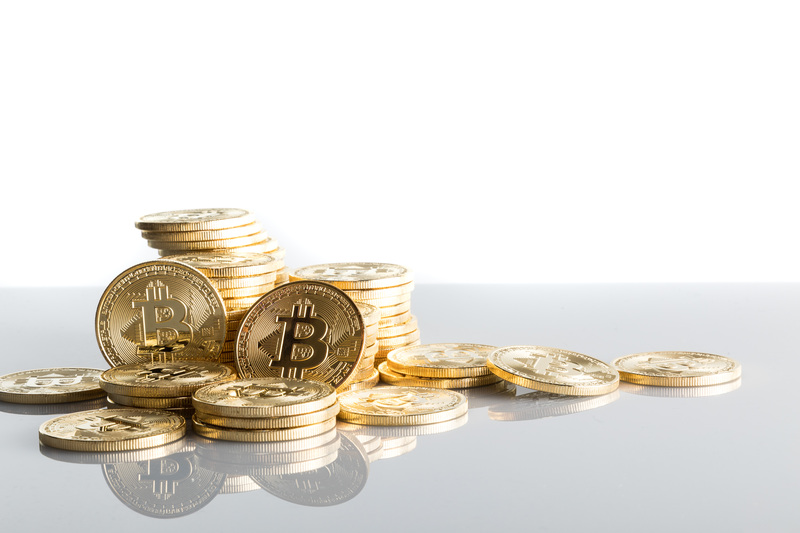India Preparing for a CBDC-Driven Economy: Central Bank Governor’s Vision
Outgoing Reserve Bank of India Governor Shaktikanta Das believes that the digital rupee has the potential to transform India's economy.

Michael Saylor, one of Bitcoin’s leading advocates in the institutional space, has reconfirmed his support for the cryptocurrency.
As MicroStrategy CEO, Saylor has expressed his proponency for Bitcoin as an alternative asset worth investment from both a retail and institutional point. Speaking at a recent cryptocurrency convention, Saylor commented on the benefits of Bitcoin as a cross-border asset. Comparing Bitcoin to other alternative assets such as gold, real estate and shares, Saylor pointed out Bitcoin’s global value as a unique element.
While Bitcoin does require a massive amount of energy to produce and for transactions, Saylor pointed out the sustainable value that Bitcoin has as a long-term held asset. For example, property and real estate require maintenance for it to be feasible as a long-term investment, otherwise, it will not only lose value but it can also become a liability to upkeep. Bitcoin on the other hand represents an investment that, once purchased, requires no maintenance. He noted:
“Bitcoin represents a property that you can acquire in small pieces that you can carry with you anywhere you go. You can give to your children’s children’s children’s children. And in 250 years, maybe your family still owns the property.”
Outgoing Reserve Bank of India Governor Shaktikanta Das believes that the digital rupee has the potential to transform India's economy.
El Salvador reportedly anticipates an agreement with the IMF for a $1.3 billion loan, contingent on amendments to its Bitcoin Law.
Floki is among increasing crypto companies launching regional payment cards, enabling users to spend cryptocurrencies.
BitOasis has secured a full VASP licence, finalising its VARA licensing process and enabling it to provide crypto trading services.